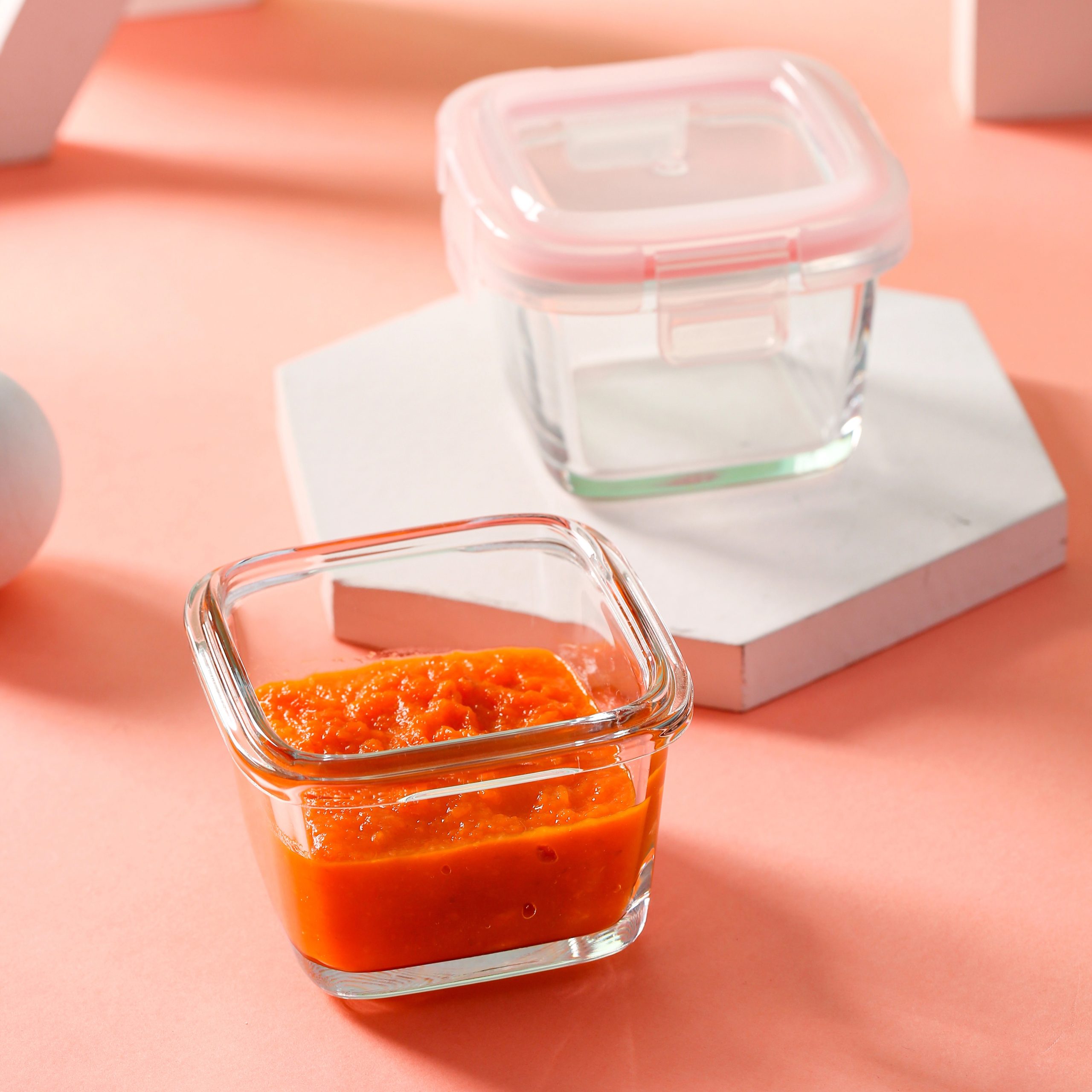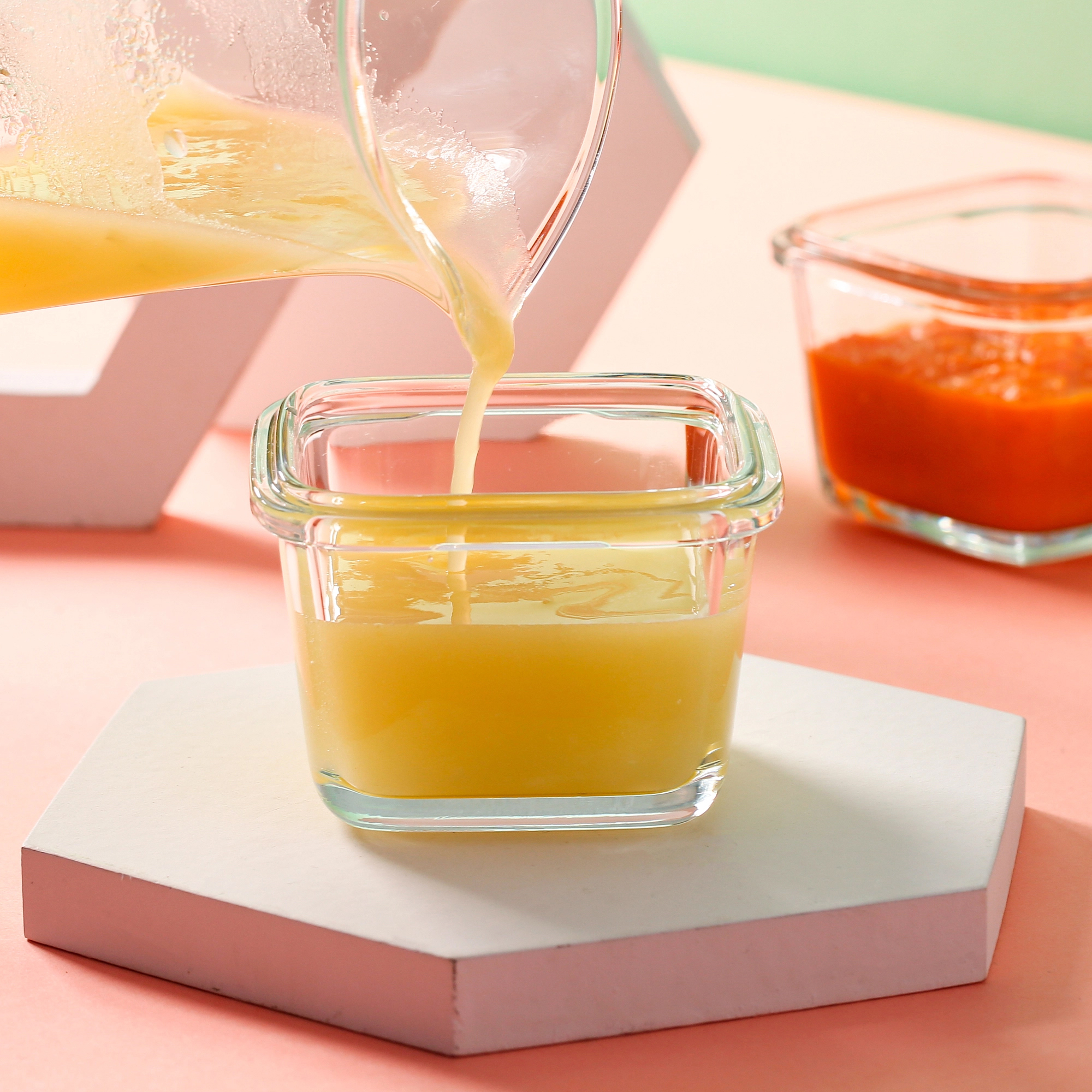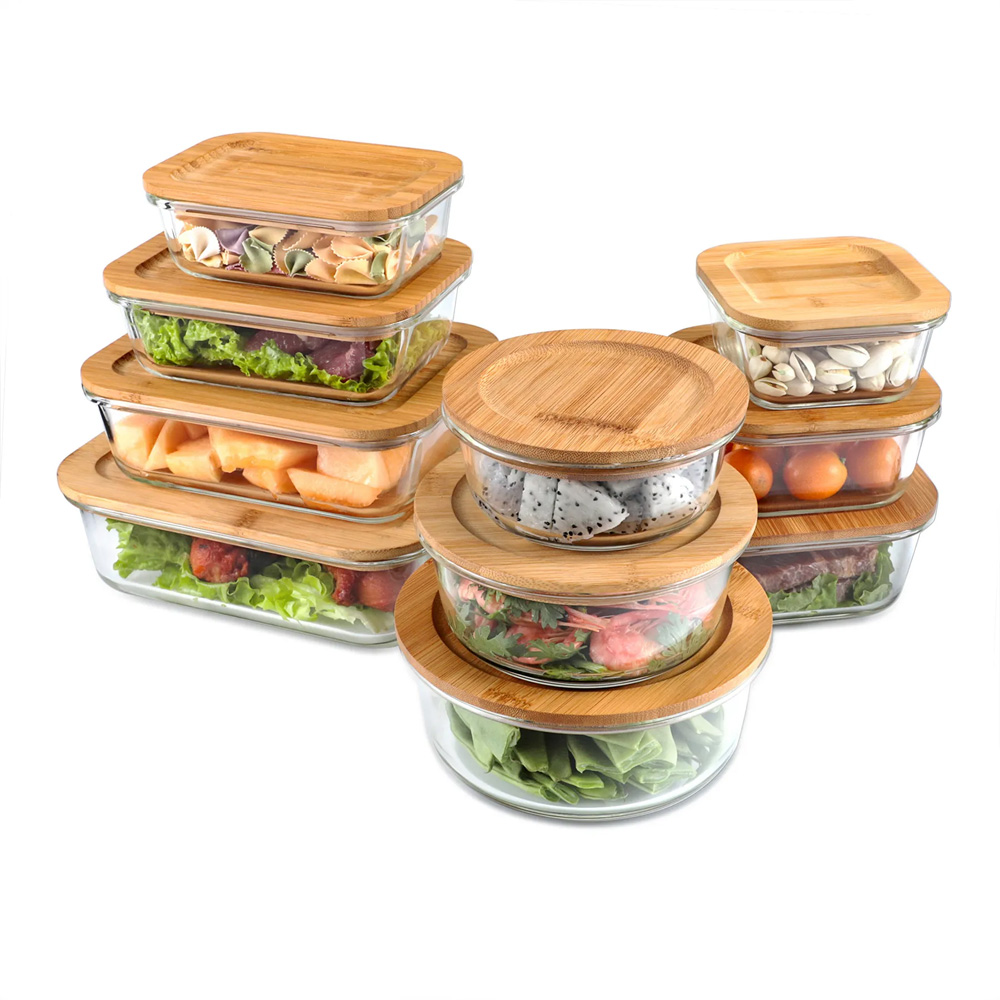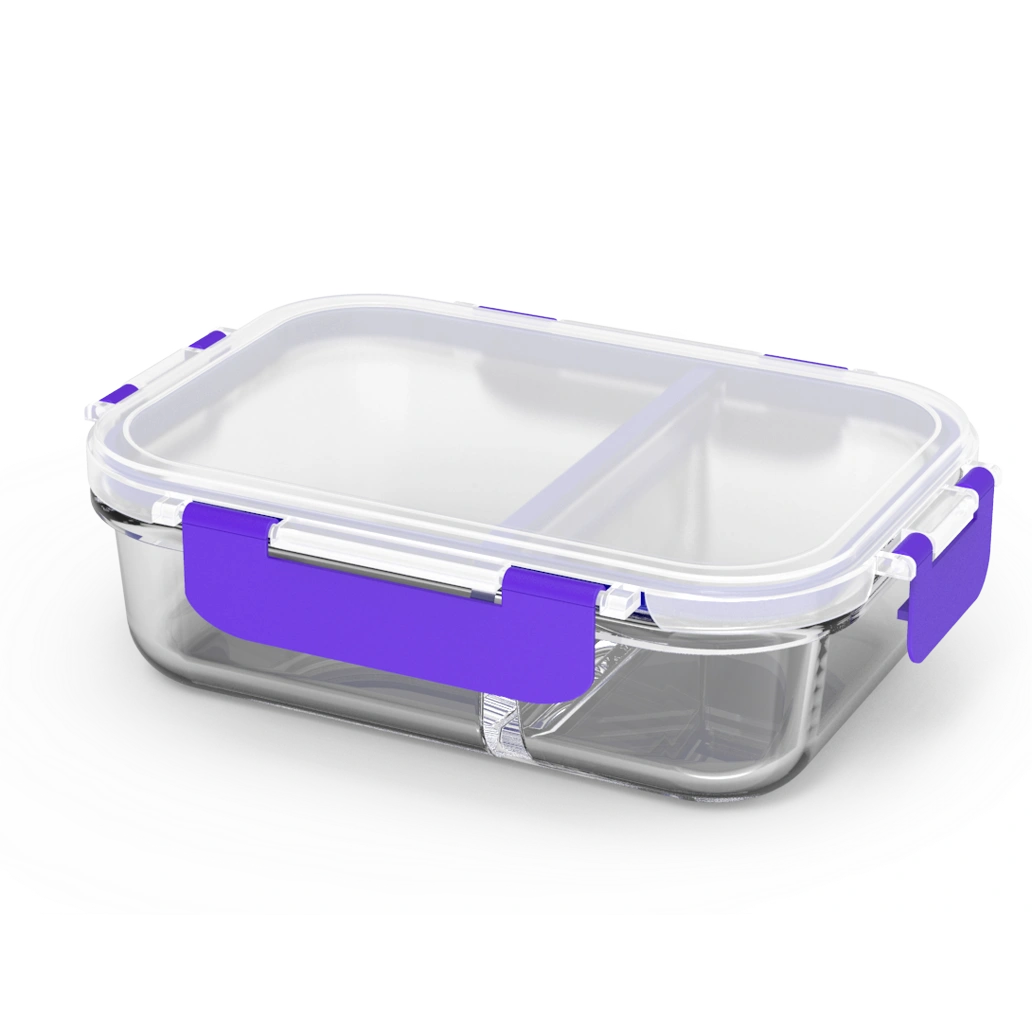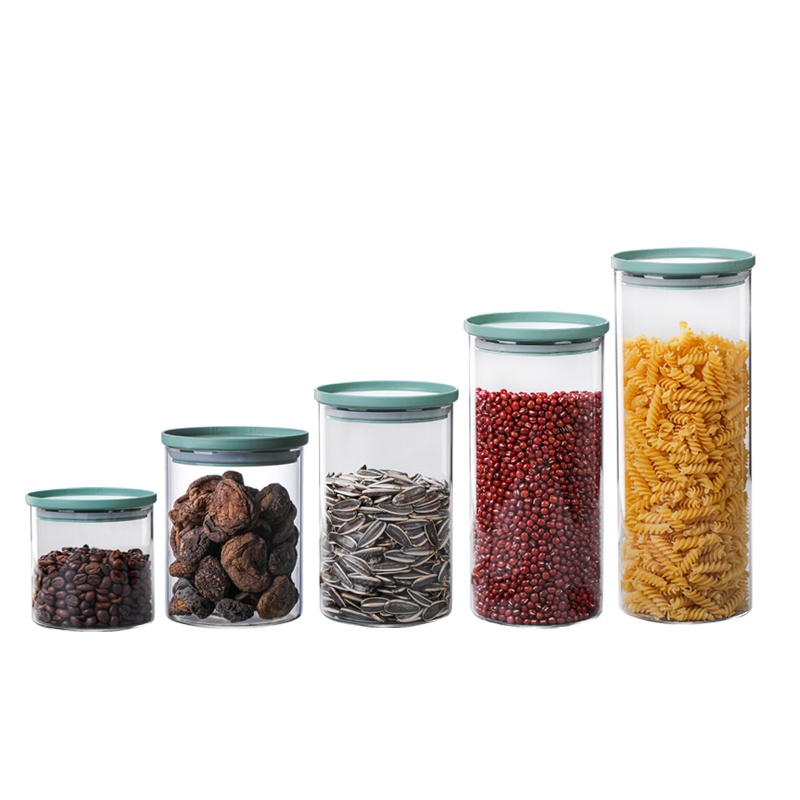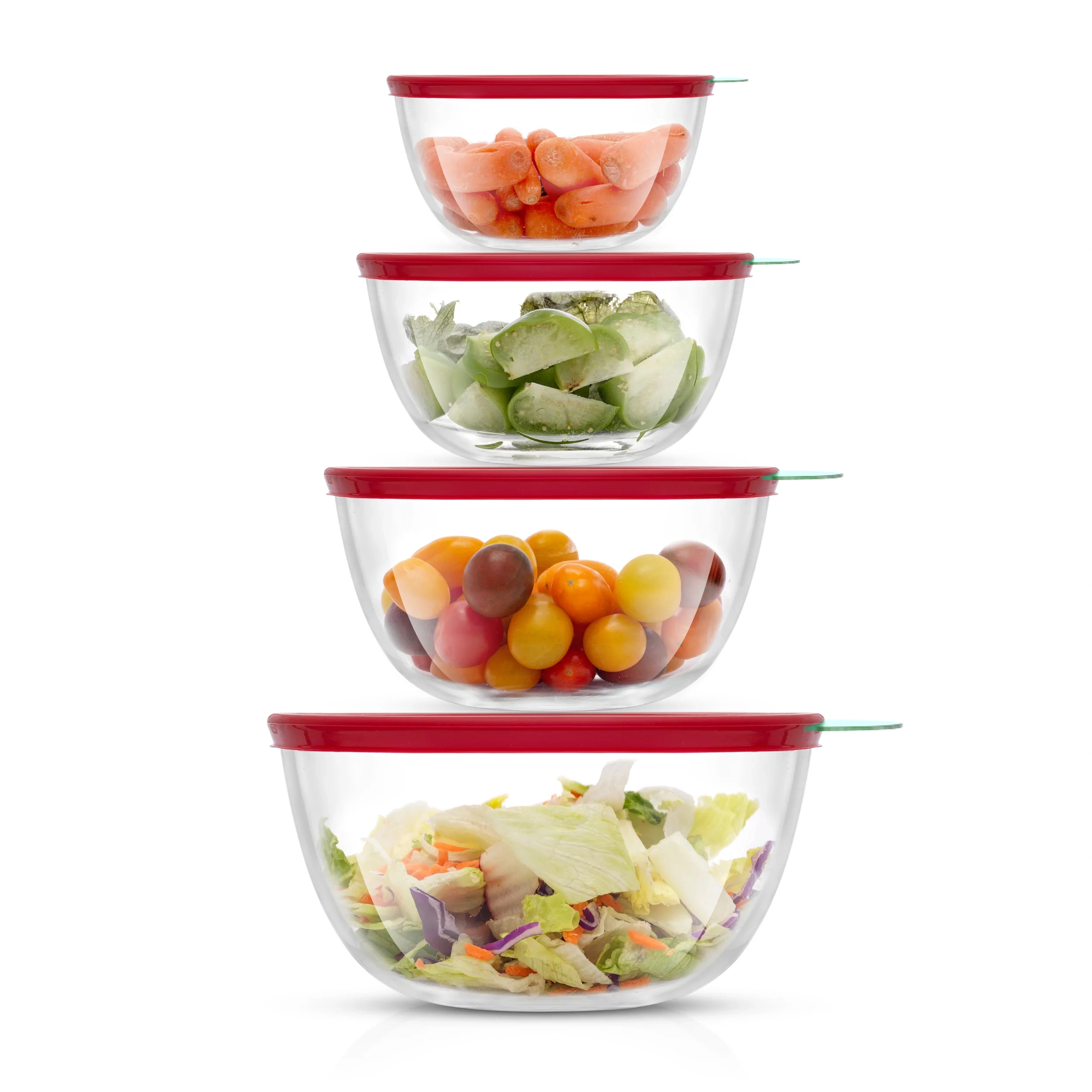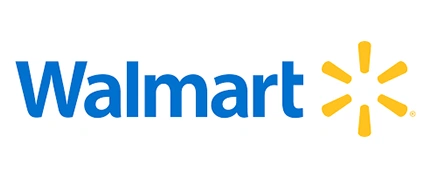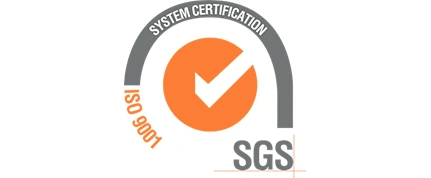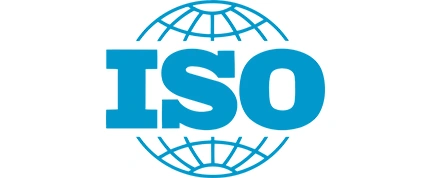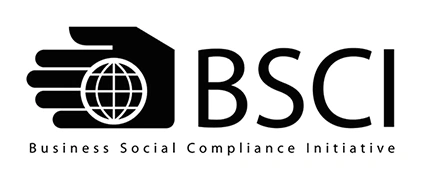Is It Better To Store Baby Food In Glass or Plastic Storage Containers
Table of Contents
When it comes to storing baby food, parents often find themselves choosing between borosilicate glass container, plastic containers, and pouches. Borosilicate glassware are known for their recyclability and lack of chemical leaching, but they can be heavy and breakable. On the other hand, plastic containers offer lighter weight and durability, although they might leach chemicals unless they are BPA-free. Let’s explore the pros and cons of each option to help you make the best choice for your baby’s food storage needs.
Pros of borosilicate glass container
- Health Safety: Recommended by the American Academy of Pediatrics (AAP) for storing or preparing food, high borosilicate glass container eliminate the risk of potentially harmful chemicals found in some plastics that can leach into food.
- Environmental Friendliness: borosilicate glass food container are fully recyclable, contributing to a more sustainable environment.
- Chemical-Free Storage: borosilicate glass does not contain chemicals like bisphenol A (BPA) or phthalates, which can be present in plastics.
Cons of borosilicate glass container
- Weight and Convenience: borosilicate glass food storage container are heavier than plastic containers or pouches, making them less convenient for travel or on-the-go feeding.
- Breakability: The risk of breakage is higher with glass, which can be a safety hazard.
- BPA in Lid Liners: Depending on the brand, jar lid liners might contain BPA, which can be a concern for parents.
Baby Food in Plastic Containers
Pros of Plastic Containers
- Lightweight: Plastic containers are lighter than glass, making them easier to handle and carry.
- Durability: They are less likely to break compared to glass, providing a safer option for transport and use.
- Recyclability: Most plastic containers are recyclable, which helps in reducing waste.
Additional Applications
- Chemical Leaching: Very small amounts of potentially harmful chemicals – including BPA and phthalates – may leach from the plastic into food. To avoid these chemicals, look for baby food labeled “BPA-free” or “phthalate-free.”
- Heat Sensitivity: Heat (e.g., from a microwave) or damage to a plastic container increases the chance of chemicals leaching into food, which can be a health concern.
Is Baby Food Packaging Recyclable?
Borosilicate Blass Container
Borosilicate glassware are recyclable. To recycle them properly, separate the metal lids and follow local guidelines for recycling metals. You may need to remove and dispose of the lid liner separately.
Plastic Containers
Plastic containers are typically recyclable. Look for a recycling code that indicates the type of plastic and check local guidelines for proper disposal. However, wrappers and pull-off lids might need to go in the trash.
Conclusion
Choosing between glass and plastic containers for storing baby food depends on various factors, including health concerns, convenience, and environmental impact. orosilicate glass container offer a chemical-free storage option and are highly recyclable but come with the drawbacks of weight and breakability. Plastic containers are lightweight and durable but may pose risks of chemical leaching unless they are BPA-free. Ultimately, the best choice will depend on your specific needs and priorities. By being informed about the pros and cons of each option, you can make a decision that ensures the safety and well-being of your baby while also considering environmental sustainability.
Newest Blog
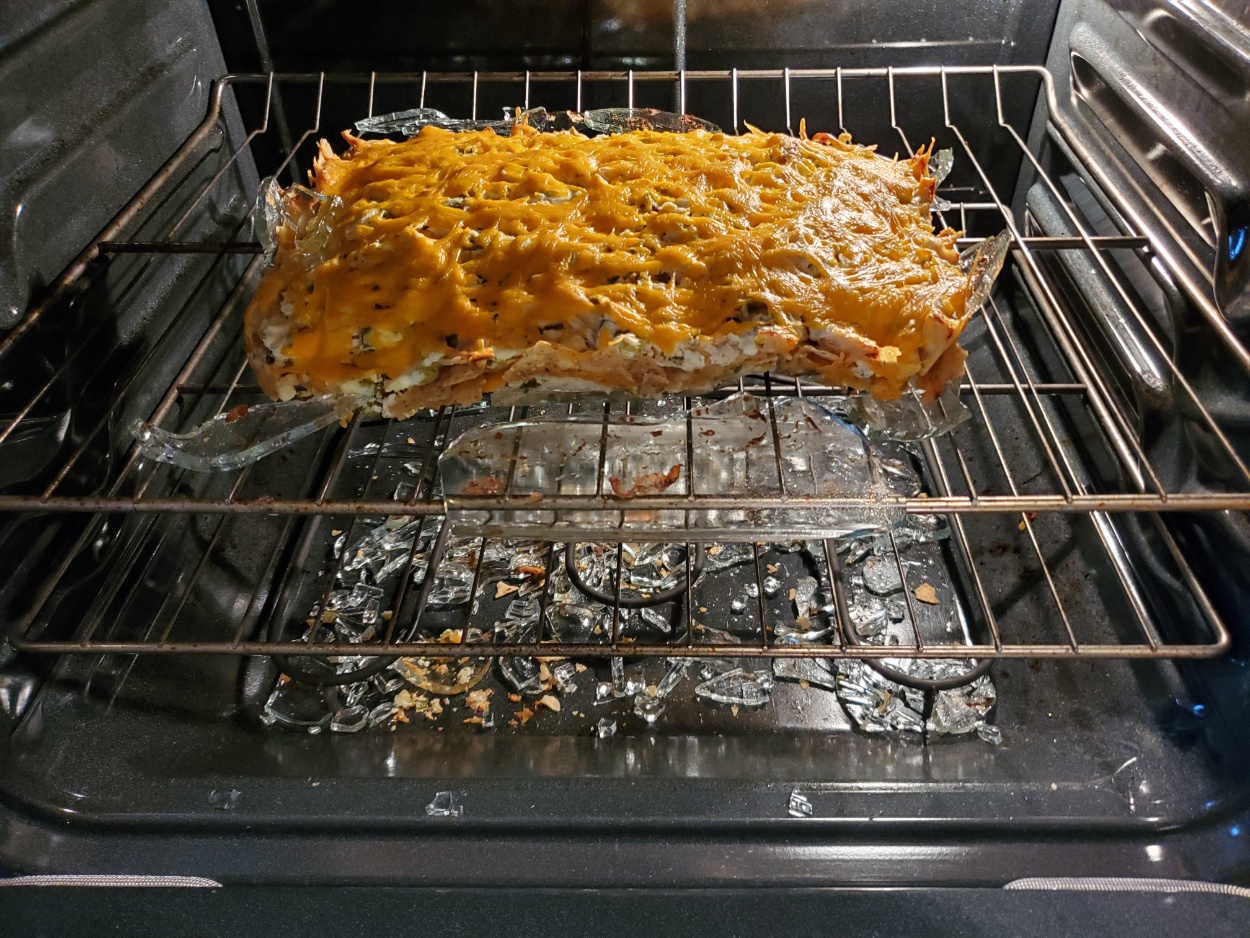
Is Glass Safe In The Oven?
Whether you’re a home cook or a business owner sourcing from a glass lunch box factory, understanding the nuances of oven-safe glass is crucial. We’ll explore the world of durable and reliable custom glass food container options, ensuring you make informed decisions.
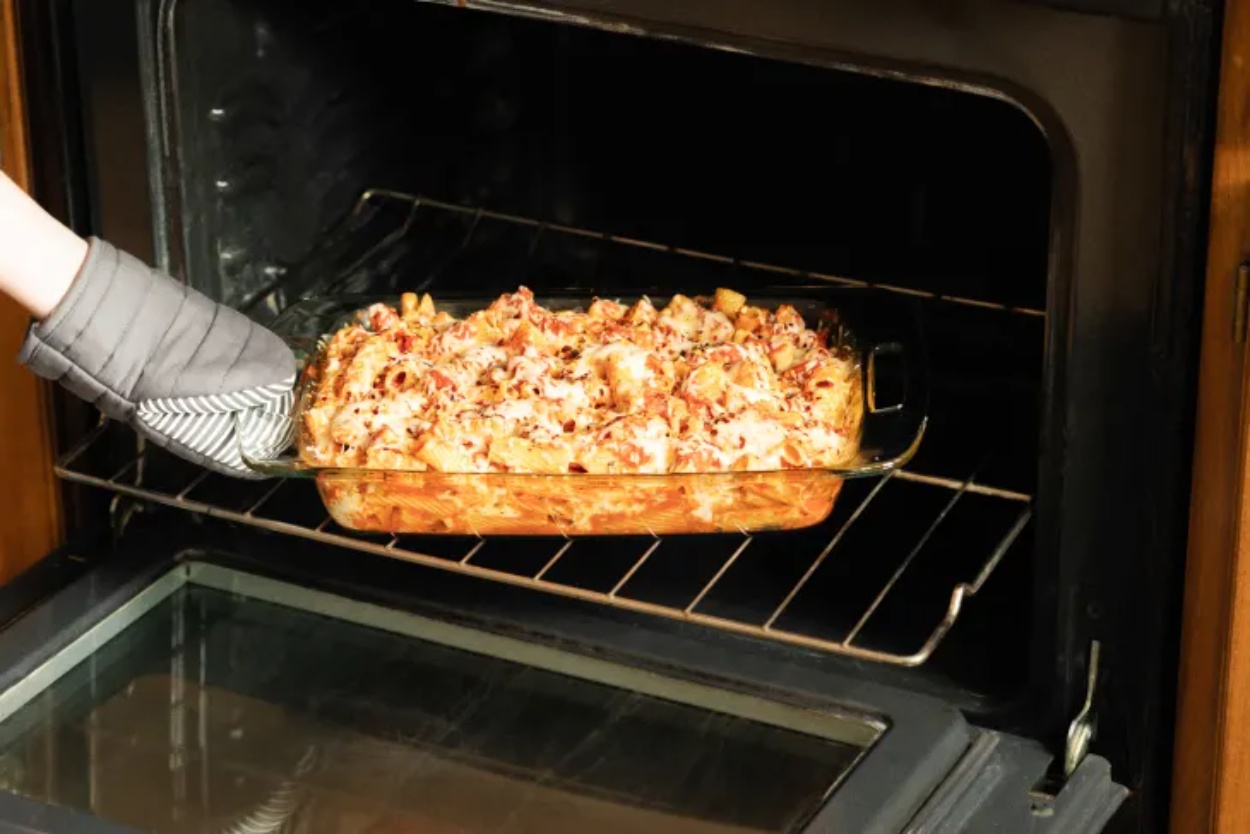
Can You Put Glass In The Oven?
We’ll explore why choosing the right type of glass, particularly from a reliable China glassware factory, is so important, especially if you’re looking for custom glass food storage containers or even a glass lunch box factory.
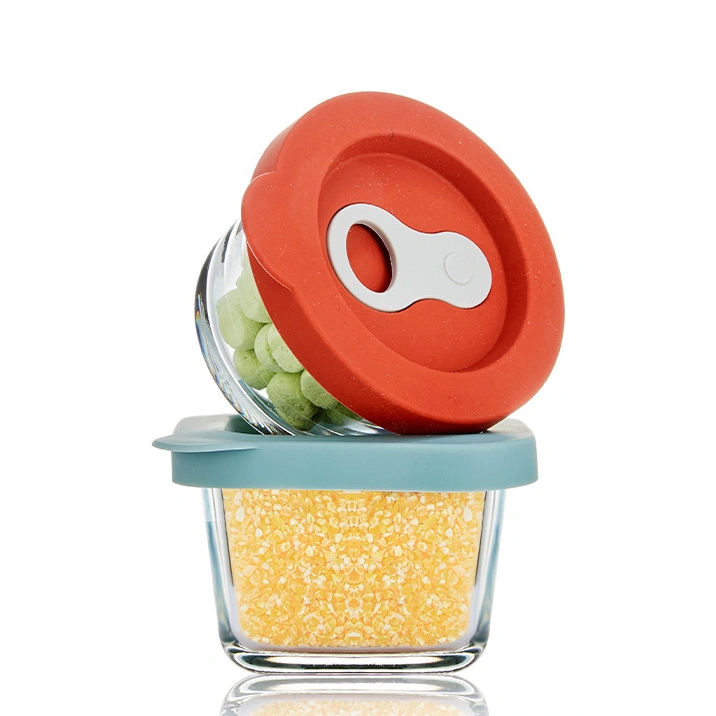
What To Do With Small Glass Containers?
From baby food meal prep, storing leftovers to organizing your craft supplies, small glass containers are super handy!

